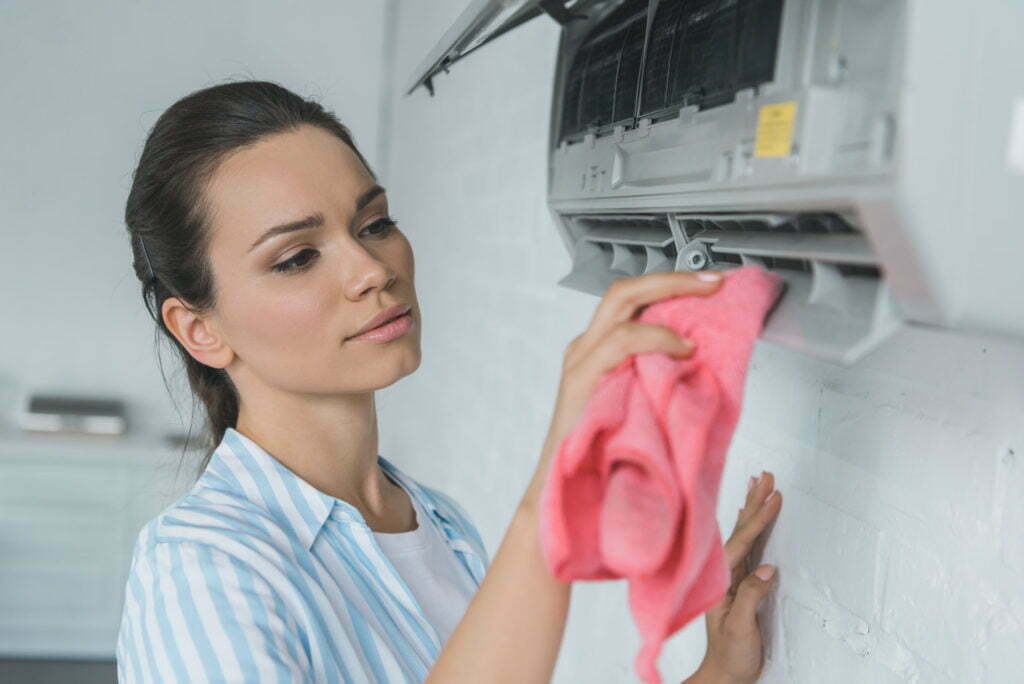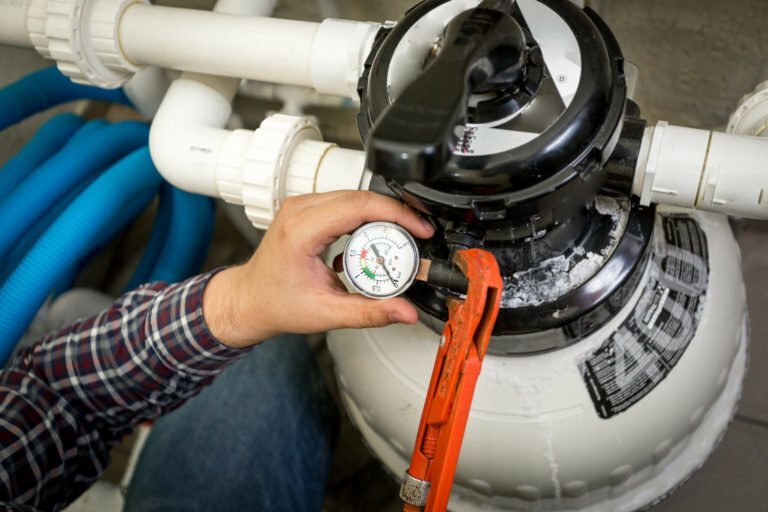HVAC systems are just like any other mechanical equipment in that they have a certain lifespan. Over time, your HVAC equipment will wear down and eventually fail. The climate where your HVAC system is located, the age of your unit, and the size of your home can have a big impact on the life expectancy of your equipment. However, with proper maintenance and service, you can get the maximum amount of use out of your unit. Let’s take a closer look at the life expectancy of the average HVAC system.
How long will an average HVAC unit last?

The average HVAC life expectancy is around 10-15 years. However, this can vary depending on the type of unit, how well it’s maintained, and the climate where you live. In general, units in warmer climates have a shorter life expectancy than those in colder climates. Units that are properly maintained typically last longer than those that aren’t.
Regular maintenance of your AC unit is important for a number of reasons. First and foremost, it ensures that your HVAC unit is running at peak efficiency, which means you’re getting the most cooling for your money. As far as the lifespan of your equipment, regular maintenance helps to prevent costly repairs and extend the life of your HVAC unit. Manufacturers suggest that you have your HVAC unit serviced every spring and fall prior to each cooling and heating season.
In addition, you’ll also want to ensure that your air filters are changed regularly. This is because a clogged air filter can cause your HVAC system to work harder than necessary, which can lead to increased energy costs and system failure. When your HVAC unit has to work harder due to a dirty air filter, your system will experience more frequent maintenance issues and an overall shorter lifespan.
What are the signs that your HVAC equipment is aging?

There are a few signs that your HVAC system may be aging. One sign is if you start to experience more repair needs or if the repairs are becoming increasingly expensive. Another sign is if your energy bills have increased even though you haven’t changed your habits. Additionally, a big sign of aging equipment is a system that is making strange noises or taking longer to cool or heat your home than it used to. If you notice any of these signs, it may be time to consider replacing your system.
What should you do when your HVAC system reaches the end of its life?
When your HVAC system reaches the end of its life, you have a few options. You can replace the entire system, you can repair it, or you can retrofit it. If you choose to replace the entire system, be sure to size the new system appropriately for your home. If you choose to repair it, be prepared to spend a lot of money on repairs. If you choose to retrofit it, be prepared for a significant decrease in efficiency and an increase in your energy bills. In general, if any service or repair costs more than half the cost of a new unit, it might be more cost-effective to have your HVAC unit replaced with a newer unit.
SEER, or Seasonal Energy Efficiency Ratio, is a measure of how efficiently an HVAC converts electricity into heating and cooling power. The Department of Energy requires all air conditioners to have a SEER rating of at least 13. Many newer air conditioners have a SEER rating of 20 or more. A higher SEER rating means a more efficient air conditioner. Your older system is probably less efficient than new equipment, and the cost of replacing the unit will be balanced out by lower energy bills and fewer maintenance issues over time.
The average life expectancy of your HVAC system is about 15-20 years. This means that you will need to replace your HVAC system at some point during this time frame. While the specific life expectancy of your system may vary depending on the brand, type, and size of your system, it is important to keep this in mind when budgeting for your home. Overall, it is important to have a reliable and efficient HVAC system in your home.





